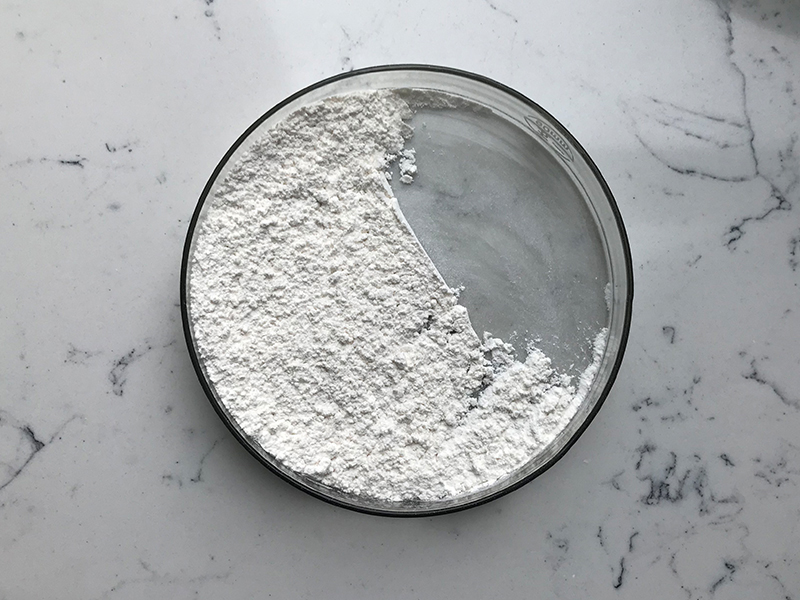L-Tryptophan is an essential amino acid that plays a critical role in the body, primarily by being a precursor to serotonin, a neurotransmitter that influences mood, sleep, and overall well-being. It is also involved in the production of melatonin, a hormone that regulates sleep cycles.
Role and Effects of L-Tryptophan in Sports
- Mood and Mental Focus: L-Tryptophan’s conversion into serotonin can have a positive impact on mood and mental clarity. In the context of sports, this can help athletes manage stress, anxiety, and negative emotions, which could improve focus and performance, especially in high-pressure situations.

- Sleep Quality and Recovery: Since L-Tryptophan is a precursor to melatonin, it can help improve sleep quality. Restful sleep is crucial for recovery after intense physical activity, as it promotes muscle repair, growth, and overall recovery. Improved sleep can lead to better performance and reduced fatigue.
- Reduction in Exercise-Induced Fatigue: There is some evidence that L-Tryptophan supplementation may help reduce perceived exertion and exercise-induced fatigue. By enhancing serotonin levels, it might contribute to a better sense of energy and endurance during prolonged physical activity.
- Pain Reduction: Some studies suggest that L-Tryptophan may help reduce the perception of pain and discomfort during and after exercise. The role of serotonin in pain modulation means that higher serotonin levels could potentially help athletes tolerate soreness and discomfort better.
- Muscle Protein Synthesis: L-Tryptophan is involved in protein metabolism, and while its direct role in muscle protein synthesis is less established compared to other amino acids, adequate levels of tryptophan are still necessary for optimal muscle recovery and function.

Possible Side Effects
While L-Tryptophan supplementation is generally considered safe, excessive intake may lead to side effects like drowsiness, digestive discomfort, or serotonin syndrome (a rare but serious condition caused by high levels of serotonin in the body). It’s important to take L-Tryptophan as directed and avoid combining it with other substances that can increase serotonin, like certain antidepressants.
Conclusion
L-Tryptophan supplementation may offer benefits for athletes, particularly in terms of improving sleep quality, mood, and managing stress. While it is not typically a primary supplement for enhancing athletic performance like protein or creatine, it can play a supportive role in recovery and mental well-being.
